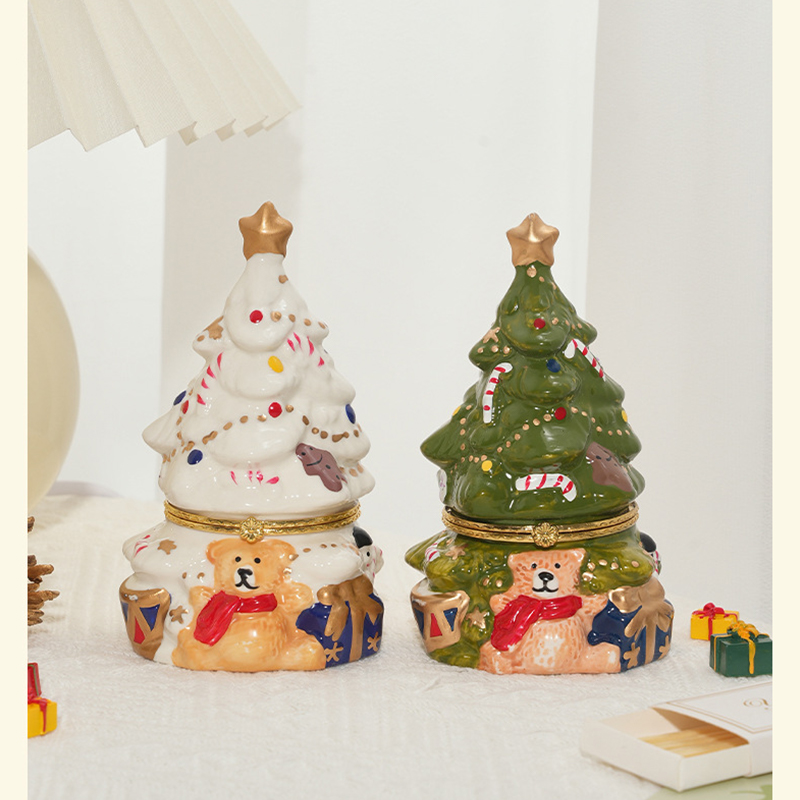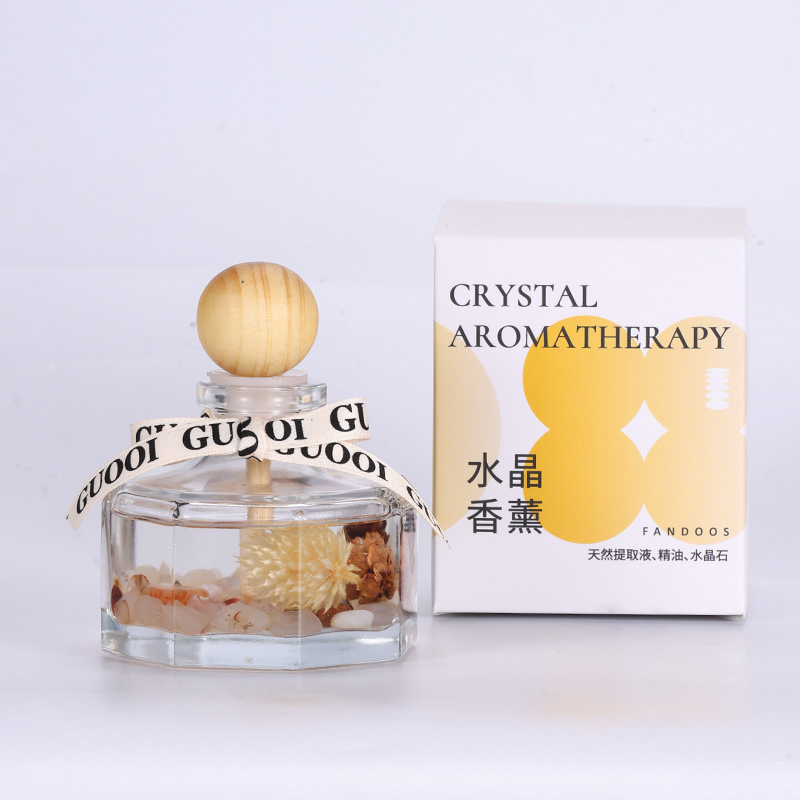Oriental Culture and Creativity Inspired Fragrance Journey | ScentSerenade
Spoiled Scents: Can Your Essential Oils Actually Go Rancid?
(can essential oils go bad)
We love our essential oils. They make our homes smell amazing. They help us relax. They might even offer some wellness perks. But here’s a question many forget to ask: Can these powerful little bottles actually go bad? Like milk left out too long? The answer might surprise you. Yes, essential oils can absolutely spoil, lose their magic, and even become unpleasant or less effective. Let’s dive into the fragrant world of oil longevity.
1. What Does “Essential Oils Go Bad” Actually Mean?
Think of your essential oils like fine wine or gourmet olive oil. They don’t suddenly become “poisonous” past a date. Instead, they degrade. This means their chemical makeup changes over time. The lovely, complex scent you first loved might fade. It might turn sour, sharp, or just smell “off.” The oil could become thicker, thinner, or even cloudy. Crucially, the therapeutic properties you rely on – like calming lavender or uplifting citrus – weaken significantly. They oxidize. Exposure to air, light, and heat speeds up this process. Oxidation breaks down the beneficial molecules. The result is oil past its prime. It might not harm you topically in most cases (unless skin irritation occurs), but it won’t deliver the experience or benefits you expect. It’s like using stale herbs in cooking – safe, but disappointing.
2. Why Essential Oils Spoil: The Science of Scent Decay
Oxygen is the main culprit. It’s everywhere. When oxygen molecules meet the delicate compounds in your essential oil, reactions happen. This is oxidation. Light, especially sunlight, provides the energy to speed these reactions up dramatically. Heat makes molecules move faster, crashing into each other more often, accelerating decay. Think of it like leaving a sliced apple out. It turns brown quickly. Essential oils do the same, just slower. The type of oil matters too. Citrus oils (like lemon, orange, grapefruit) and conifer oils (like pine, spruce) are the most vulnerable. They contain compounds called monoterpenes that oxidize easily. Florals (like lavender, chamomile) and heavier oils (like sandalwood, patchouli) tend to last longer. How the oil is stored makes a huge difference. Bottles left uncapped, kept in a warm bathroom, or sitting on a sunny windowsill face a much shorter lifespan. Poor storage equals spoiled oil faster.
3. How to Spot Essential Oils Gone Bad: Your Senses Know Best
Your nose and eyes are your best tools. Trust them. First, give it a sniff. Does the scent smell weaker than you remember? Does it smell sour, musty, or just plain wrong? That classic bright lemon note turning into something resembling stale furniture polish? That’s a red flag. Next, look at the oil. Has it changed color? Citrus oils often darken significantly, going from pale yellow to deep amber or brown. Has it become cloudy? Is it thicker than it used to be? Maybe it’s developed sediment at the bottom? These are visual signs of degradation. Finally, consider performance. Does it seem less potent in your diffuser? Does it vanish quickly on your skin? Does it cause unexpected skin sensitivity where it didn’t before? If your senses raise any doubts, the oil is likely past its best. When in doubt, toss it out. Using spoiled oil won’t give you the benefits and might cause irritation.
4. Applications: What Can You Do With Expired Essential Oils?
Don’t just pour expired oils down the drain immediately. While they’ve lost their therapeutic oomph and pleasant scent for aromatherapy, they might still have some limited uses. Think cleaning. That slightly off-smelling lemon oil? Add a few drops to a bottle of white vinegar and water for a powerful, natural surface cleaner. Use expired oils in homemade soaps or candles where the scent change is less critical. They can add a mild fragrance or properties to the final product. Consider adding a few drops to your mop water for a fresh-smelling floor clean. You could use them to scent homemade playdough or non-therapeutic potpourri. However, never use expired oils on your skin, for massage, or in any bath or body product. The risk of skin irritation is higher. Never ingest them. If the oil smells truly foul or causes any reaction, dispose of it responsibly. Check local guidelines for hazardous household waste disposal for chemicals.
5. Essential Oils Go Bad: Your Top FAQs Answered
Do essential oils have an expiration date? Many bottles have a “best by” date, often 1-3 years after opening. Citrus oils are usually shorter (1-2 years), woods and resins longer (2-4+ years). This is a guideline, not a strict rule. Storage is key.
How long do unopened essential oils last? Unopened, stored perfectly (cool, dark place), most oils last several years. Some, like sandalwood or vetiver, can last much longer. But even sealed, very old oils may degrade eventually.
Can I still use essential oils after the expiration date? Maybe, but test carefully. Smell it first. Does it seem okay? Do a patch test on skin if you plan topical use (diluted!). If scent or texture changed, or it causes irritation, don’t use it therapeutically. Repurpose for cleaning.
What’s the absolute best way to store essential oils? Keep them cool, dark, and airtight. Use dark glass bottles (amber or cobalt blue). Keep lids tightly screwed on. Store them in a cupboard away from heat sources like stoves or windows. A dedicated box in a cool closet is ideal. Avoid the fridge for most oils; condensation can be a problem.
(can essential oils go bad)
Does refrigerating essential oils make them last longer? Generally not recommended. The constant temperature changes (taking them in/out) cause condensation inside the bottle. Water and oil don’t mix. This can actually spoil the oil faster. Consistent, cool, dark room temperature is better than fridge fluctuations for most oils. Exceptions might be very delicate citrus oils, but even then, a very cool, dark cupboard is often preferred.



